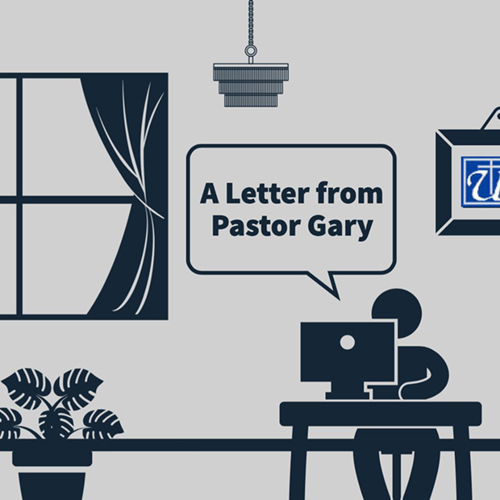
It is often said, “Elections have consequences.” Indeed, and those consequences cut both ways in our two party nation.
Elections, however, are not alone in having consequences. We might say “History has consequences.” That would be one of the reasons we study history. What is it about you and your life that derive from some personal and/or family history? What in your family and personal history has molded you into who you are and whom you are becoming? What is it in the life of Arizona, Tempe, or our nation that has been shaped by history?
Today, Serbs speak bitterly about a defeat by Muslim armies in Kosovo as though the battle took place in their lifetime. The battle was in 1389! Protestants in Belfast, Ireland today refer to “King Billy” as if he were a family friend, rather than the monarch that led the Orangemen to victory in 1690. How much of our US politics today are shaped by the Civil War, a traumatic national experience that ended over 155 years ago?
There are other examples much closer to us. In this pandemic the Native American rate of the COVID 19 virus is three times the amount that exists among whites. African Americans and Latinos also experience significantly higher rates. A long history has set in motion the causes for such rates. Little available water, few and insufficient medical facilities, lack of electricity and wifi availability on reservations are part of the problematic mix for Native Americans. Jobs that cannot be done remotely are just one of the reasons for African American and Latino rates. All are due in major part to a long history of discrimination.
We study history, we say, to learn from it. We study history to learn from past mistakes in hopes of not repeating them. We study history to discover what works. We study history to explore how similar we and our times are to all that have gone before us, yet also how different we and our times are as well. In short, we study history so we might create and shape a better history. Yet, perhaps, the greatest lesson of history is how often we fail to learn from our past and continue to go on not so much as prisoners of history, but more as trustees; those in prison allowed special freedoms and benefits.
Frequently in the gospels Jesus steps out of the history of his time and people to create a new history. Healing and praising Samaritans loathed by his people in his time, engaging a woman in conversation around a well, cleansing the temple, and praising a shrewd businessman along with so many other words and actions, Jesus did not fall into the trap of history; not even the history of his people and faith.
Can you and I be so bold? Can we look back as we look around and be grateful for the good things before us that have helped beyond our own efforts to make us who we are? Are we secure enough in our faith to look into a moral and spiritual mirror to recognize that not all our history has produced a good work? Are we courageous enough in our faith to attempt to crawl out from history’s clutches to work to create a new and better history that is better not just for us?
One of my theology professors defined death as that time when we cease to create a past. To this I would add that we do not cease in death to continue to create a future in that what we have done and what we leave behind continues to have some force on those with whom we made some impact. It was American author William Faulkner who said, “The past is never dead. It’s not even past.” History has consequences.
History indeed may have consequences. We who follow Jesus trust that faith in the one whom we follow produces consequences even more powerful; powerful enough to rescue us from some of our history. History is a classroom; students, take note! Faith in Jesus also has a few things to teach the world and bend the arc of history!
